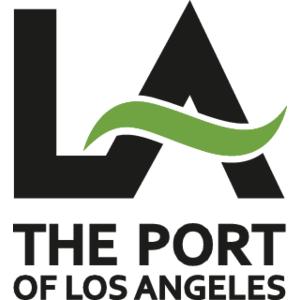An inter-governmental organization consisting of the 21 towns and two counties on Cape Cod and Martha's Vineyard, the Cape Light Compact strives to serve its 200,000 customers through the delivery of energy efficiency programs, consumer advocacy, electricity supply, and green power options. As part of its focus on consumer advocacy, the Compact provides discounted rates and expanded consumer protection and assistance for eligible low-income residents. Read more about Cape Light Compact...
